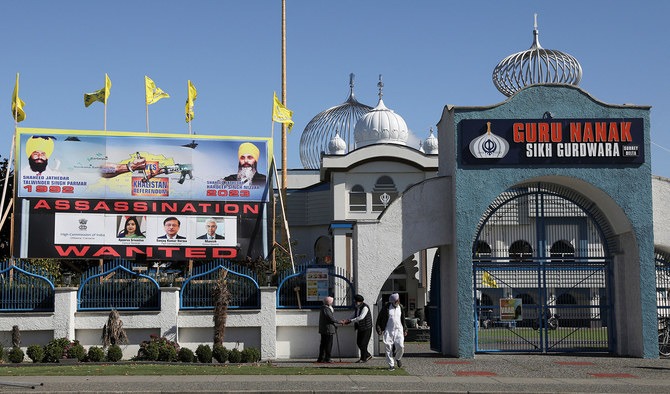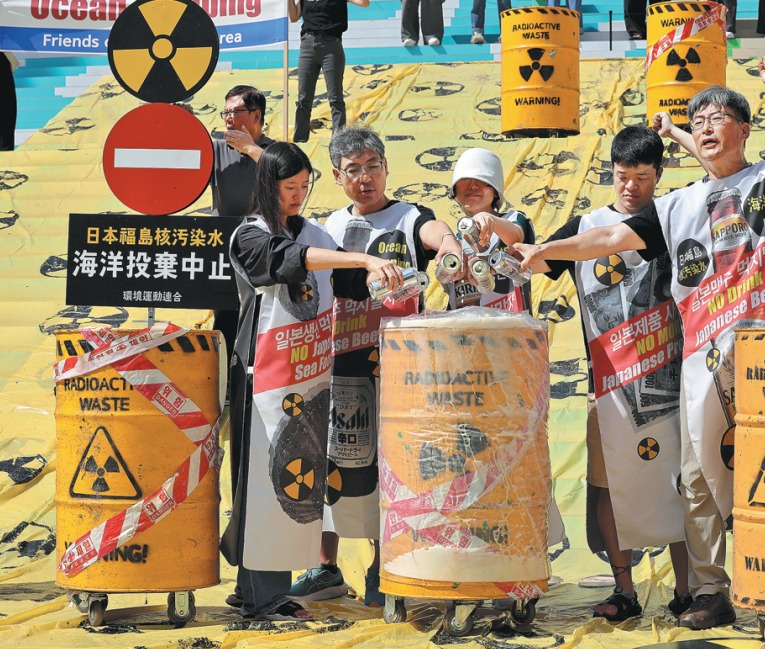Canadian Prime Minister Justin Trudeau has announced that Canadian security agencies are investigating “credible allegations of a potential link” between the Indian government and the killing of Hardeep Singh Nijjar, a prominent Sikh-Canadian activist, earlier this year. The investigation has sparked a diplomatic spat between the two nations, with India dismissing the allegations as “absurd.”
Trudeau Urges Cooperation; India Dismisses Allegations
Addressing the Parliament on Monday, Trudeau expressed his “deep concerns” to Indian Prime Minister Narendra Modi during the recent Group of 20 summit in New Delhi. Nijjar was fatally shot on June 18 outside a Sikh temple in Surrey, British Columbia, leading to widespread condemnation and questions surrounding the incident. Trudeau asserted that any involvement of a foreign government in a Canadian citizen’s killing on Canadian soil is an “unacceptable violation of our sovereignty” and called for India’s cooperation in uncovering the truth.
However, India’s foreign ministry promptly rejected these allegations, labeling them as “absurd” and pointing out that Prime Minister Modi had already dismissed them during his meeting with Trudeau. The ministry emphasized India’s commitment to the rule of law and democracy.
Diplomat Expelled; Strained Relations Deepen
Canadian Foreign Minister Melanie Joly revealed that the Canadian government had expelled an Indian diplomat, identified as the head of India’s external intelligence agency, RAW, stationed in Canada. This action was taken in response to what Canada perceives as a “possible breach of sovereignty.” However, details regarding the diplomat’s identity and the timing of the expulsion were not disclosed. The Indian foreign ministry, in turn, rejected Joly’s remarks.
The Globe and Mail reported that Canadian national security authorities possess “credible intelligence” suggesting India’s involvement in Nijjar’s killing. Nevertheless, the sources remained silent on how this determination was made. While the Canadian government is not contemplating severing diplomatic relations with India, it is considering measures to address what it views as a grave violation of Canadian sovereignty.
Activist’s Controversial Past and Cross-Party Condemnation
Hardeep Singh Nijjar had been designated as a “terrorist” by Indian authorities. India’s National Investigation Agency (NIA) accused him of conspiring to kill a Hindu priest in Punjab, offering a substantial reward for his arrest. Nijjar was also associated with “Sikhs for Justice,” an organization advocating for an independent Sikh state in India, a cause rejected by Indian authorities.
In response to these allegations, Canadian lawmakers from across the political spectrum voiced their condemnation of India. Pierre Poilievre, the leader of the opposition Conservative Party, stressed that if the allegations were true, they would represent an “outrageous affront” to Canadian sovereignty. He called on the Indian government to be transparent in the investigation.
Jagmeet Singh, the leader of the progressive New Democratic Party (NDP) of Sikh descent, emphasized the importance of using “every tool” available to investigate the killing thoroughly. Singh urged for transparency and the pursuit of justice, utilizing the full power of a democratic nation.
As Canadian authorities continue their investigation into Nijjar’s murder, the Royal Canadian Mounted Police (RCMP) announced last month that they had identified a vehicle believed to have been involved in the incident, and they are actively seeking three suspects.
The allegations and subsequent investigation have further strained relations between Canada and India, already facing challenges due to issues such as stalled trade negotiations and Sikh activism in Canada. The Indian government expressed “strong concerns” about Sikh protests in Canada during Modi’s discussions with Trudeau at the G20 summit, accusing Canada of providing shelter to Sikh hardliners. Tensions persist as both nations await the outcome of the ongoing investigation.
















